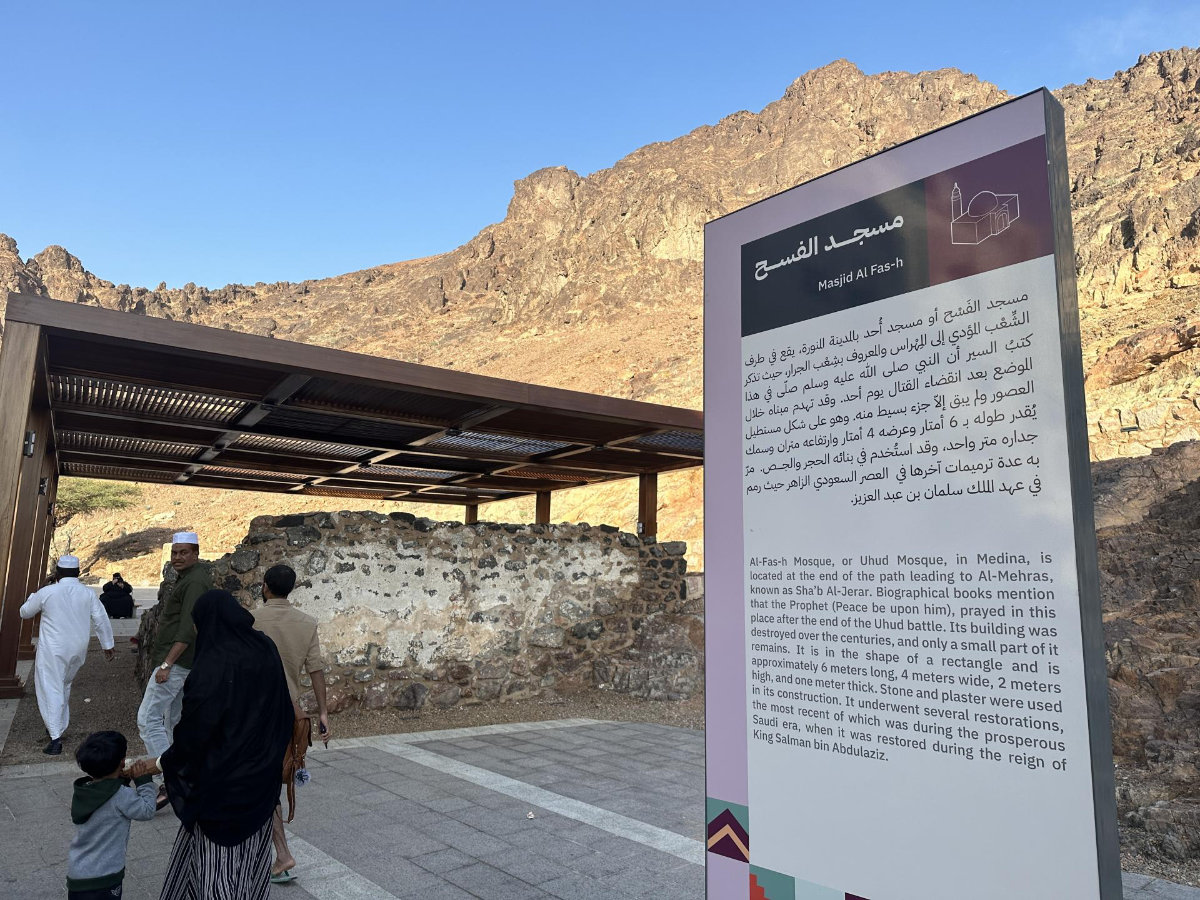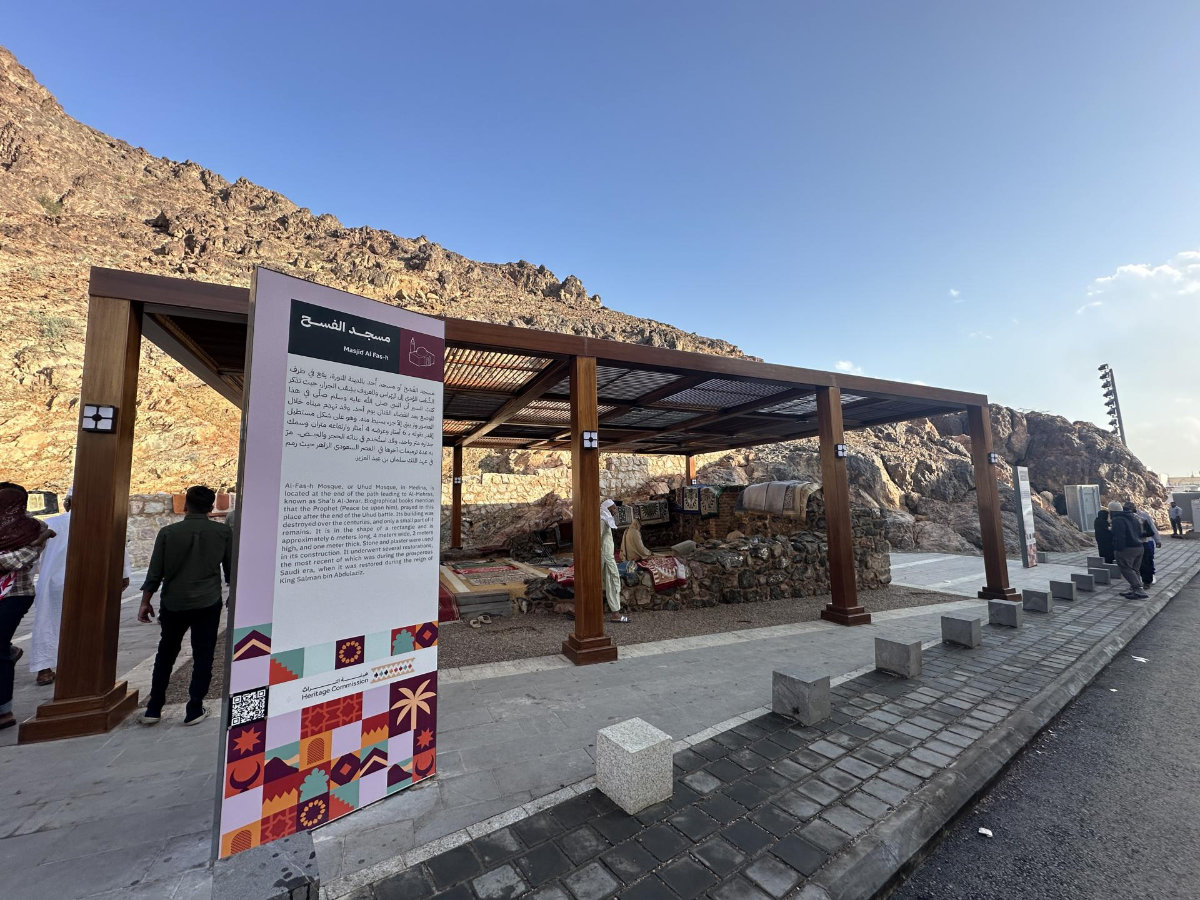RIYADH: During the holy month of Ramadan, children across the Kingdom dress up and prepare their baskets to celebrate Gargee’an, a festive day that brings the community together.
The celebration occurs twice in an Islamic year — on 15 Sha’ban and 15 Ramadan.
It is held primarily in Gulf countries or the eastern part of the Arabian Peninsula, specifically Kuwait, Bahrain, Iraq, the UAE, and Saudi Arabia.
The word Gargee’an has two meanings in Arabic: “knocking on the door” or “a mixture of sweets and nuts.” The word essentially refers to the giving of gifts or goods but has widely been used to refer to the day itself.
In Qatif, a city in the Eastern Province, Gargee’an is known as Nasfa, translating to “middle,” as it is celebrated in the middle of the holy month.
Children wear traditional attire and go knocking door to door to receive sweets and snacks.
Girls dress up in colorful and bedazzled dresses, eye-catching golden headpieces, and traditional shoes. Boys wear white or embroidered thobes with a cap or traditional Saudi headdress, popularly known as ghutra.
Physical therapist Leena Al-Sada told Arab News that her family had their special set of traditions during Nasfa: “A few days before the celebration, it was tradition for my family to collectively buy the nuts and sweets. The most important thing was to buy the peanuts. We used to put them into small bags and distribute them to the younger kids within the neighborhoods.
“We would wear traditional clothes and the house entrance would be decorated beautifully with lights and traditional cloth with colorful prints,” she added.
Al-Sada remembers her mother knitting Nasfa bags for all the siblings to collect candy: “As siblings, we would walk with our bags in the neighborhoods … we would knock on doors chanting a traditional tune. It was a beautiful feeling. The weather was warm and the energy was joyful.”
By the time she became a mother, things had changed, Al-Sada said: “Back then, Nasfa was during the day, but since we all have jobs now, it is better suited for the kids to celebrate in the evening.”
Where she and her children would once pay a visit to all the family houses, now that they are older, she prepares her own house to receive visits from nieces and nephews.
Al-Sada said that Nasfa was once celebrated in a more tight-knit way, with only neighbors paying visits to one another, but today it brings the whole community together.
“Previously, the celebration was more neighborhood-based, but now as the community has flourished, Nasfa is celebrated collectively, with adults celebrating with their friends. Every generation feels very connected to the tradition in their own way,” she explained.
Consultant Juan Towairit says her family has been celebrating Nasfa ever since she can remember. Speaking about its festive atmosphere, she said: “Beyond its religious significance, it embodies the spirit of community, happiness, and rich cultural heritage. It is a time when everyone wears their finest traditional attire and warmly welcomes neighbors into their homes, sharing treats and toys with open arms. The streets glow with the festive lights and children’s smiles as they walk from house to house collecting toys and candy.
“This is a day when the entire community joins hands to spread positivity.”
Towairit said that her younger siblings look forward to celebrating Nasfa every year: “They get their bags ready to collect candy and wear a new thobe or jalabiya. On the day, they can barely contain their excitement until sundown to go see their friends and family and walk together from house to house. It’s the event of the year at that age.”































